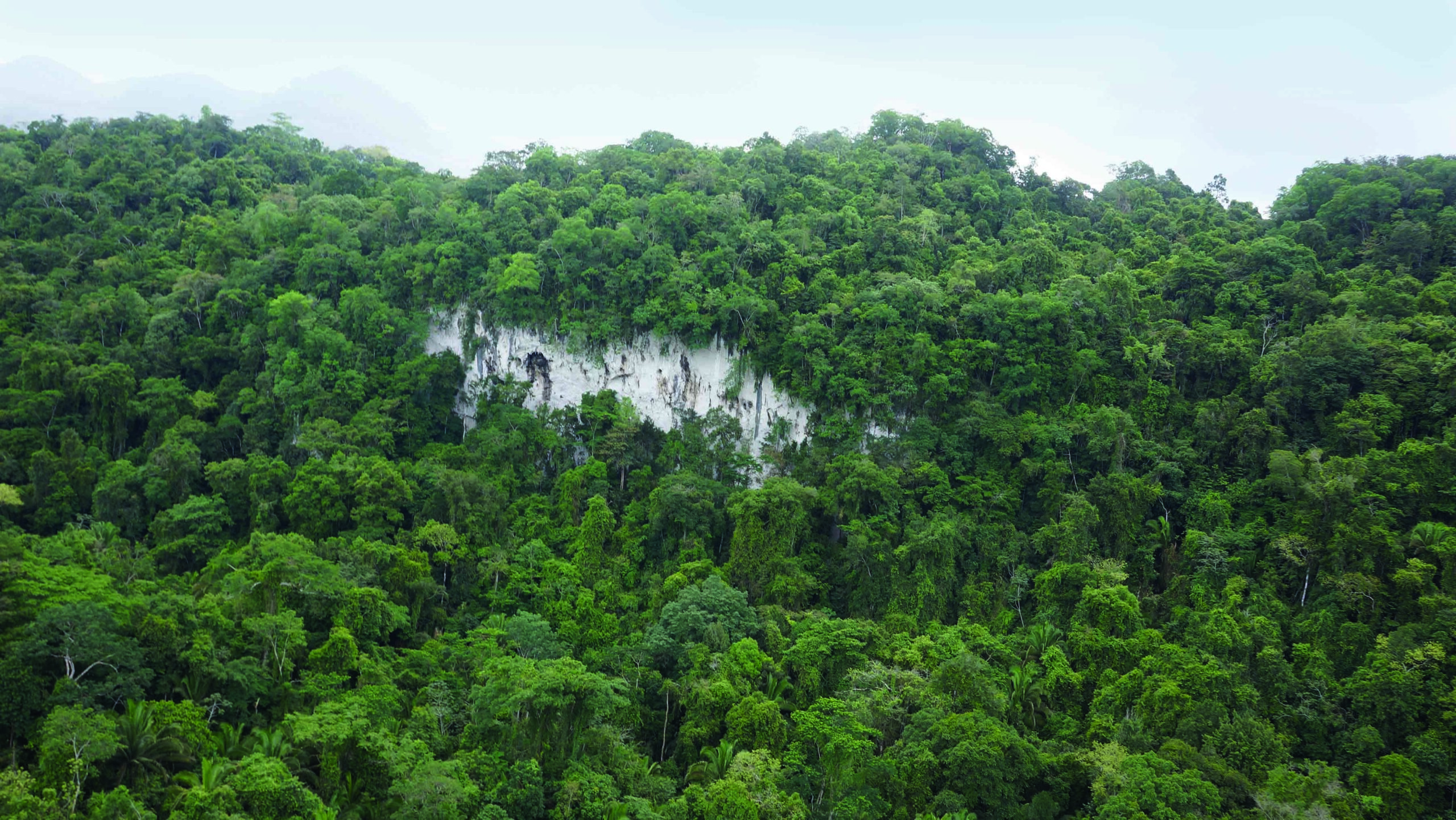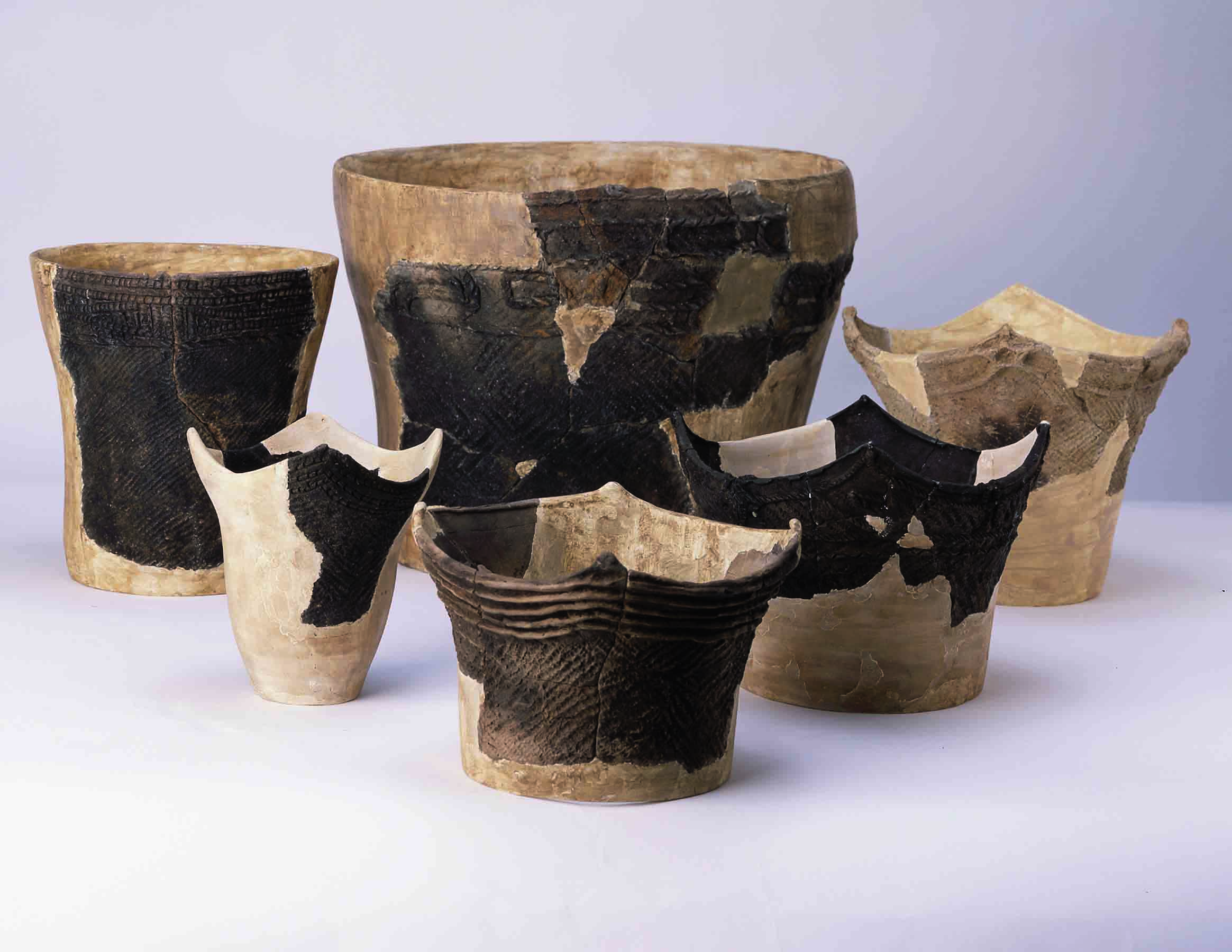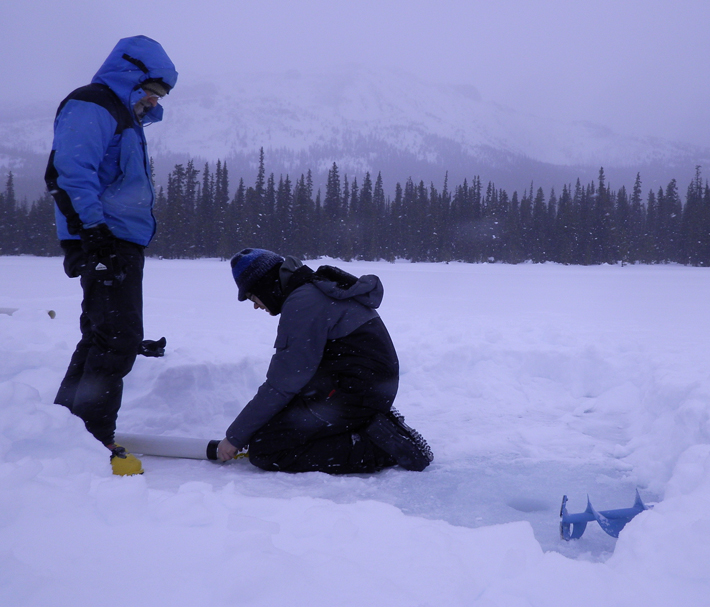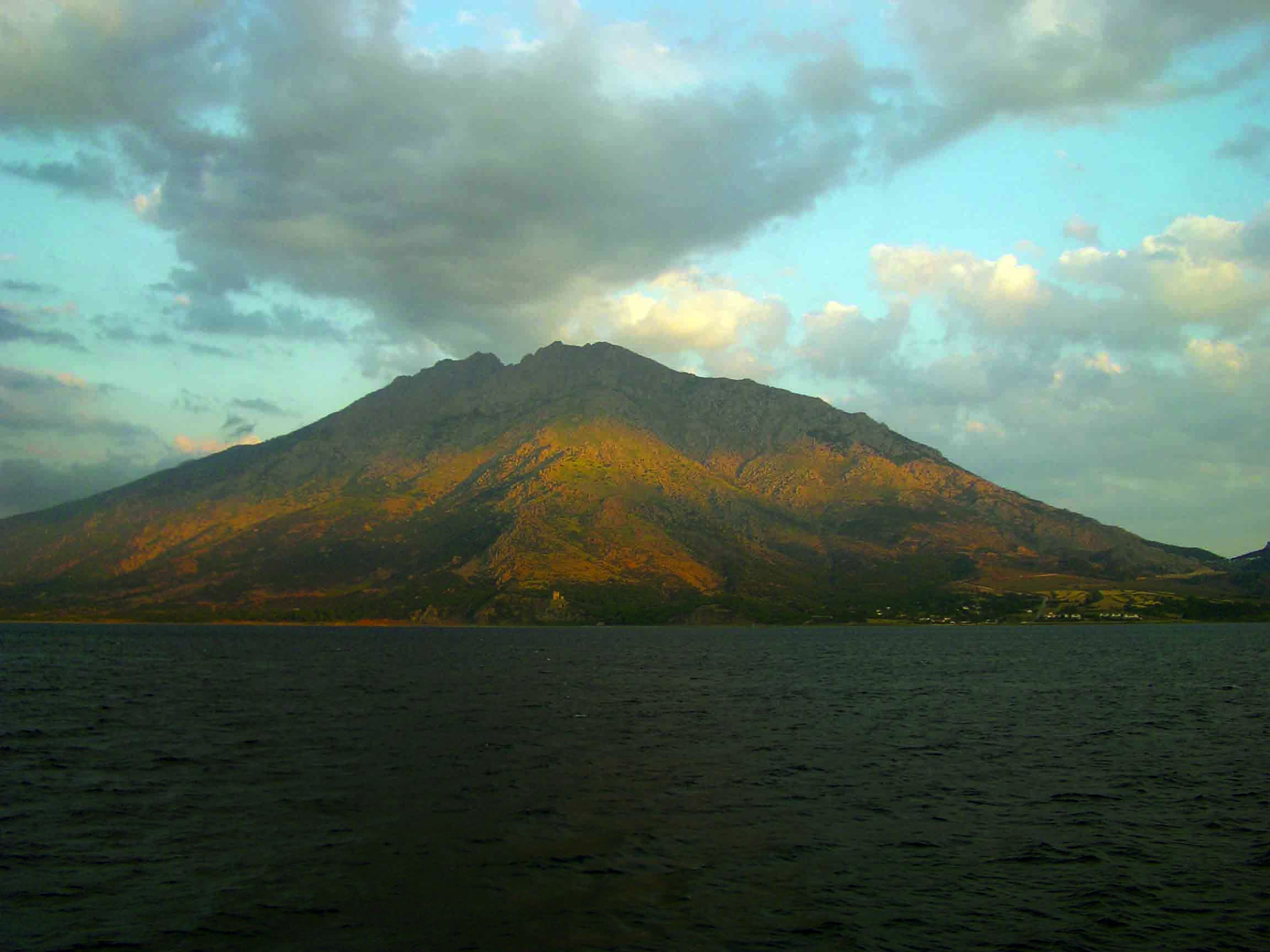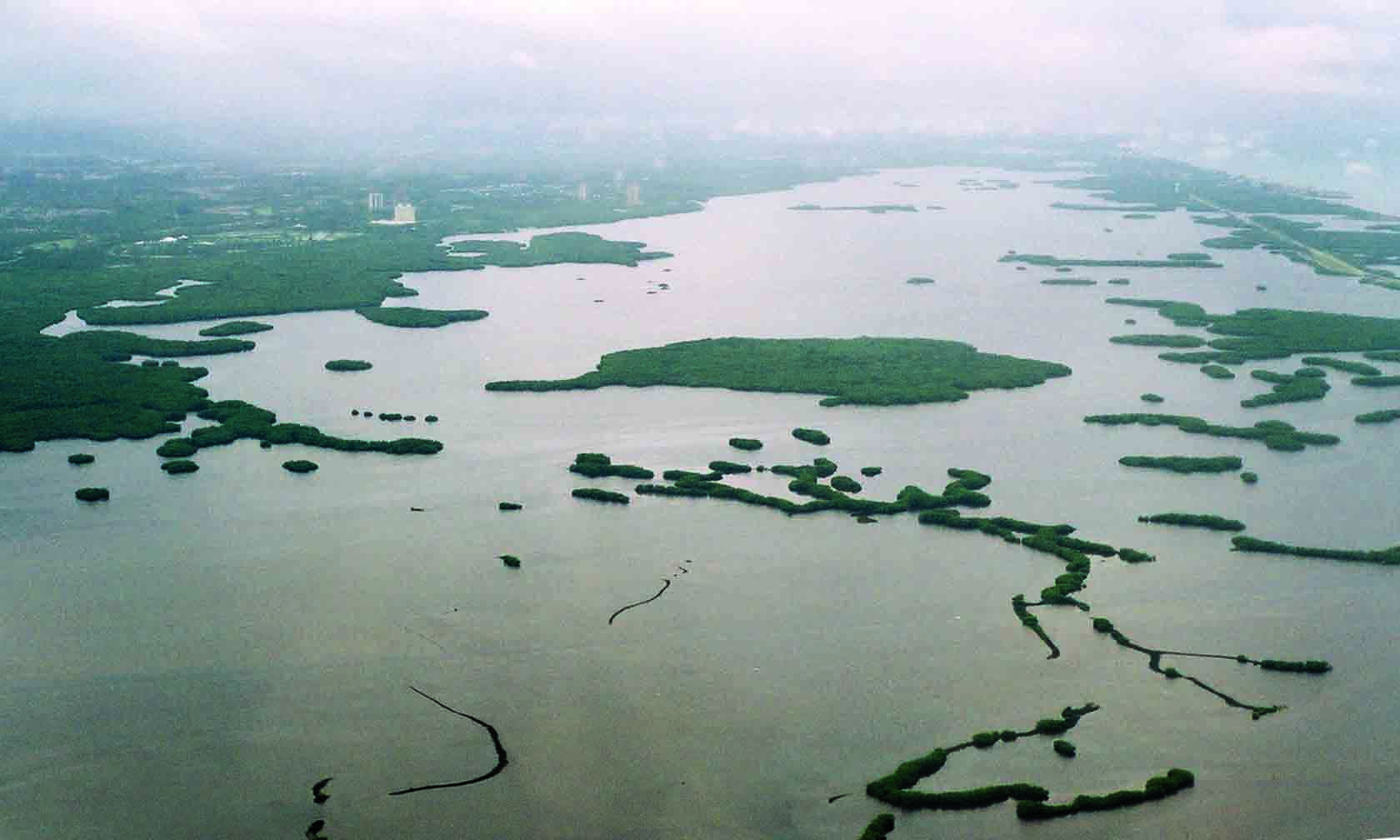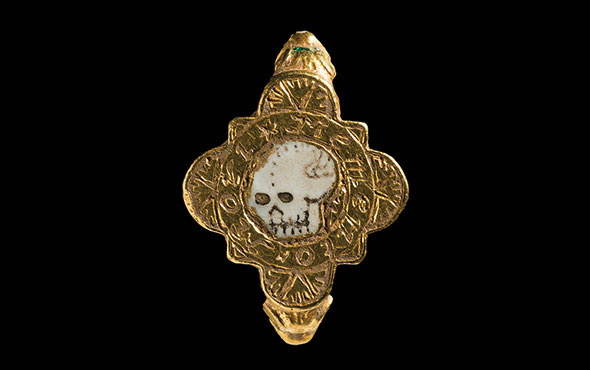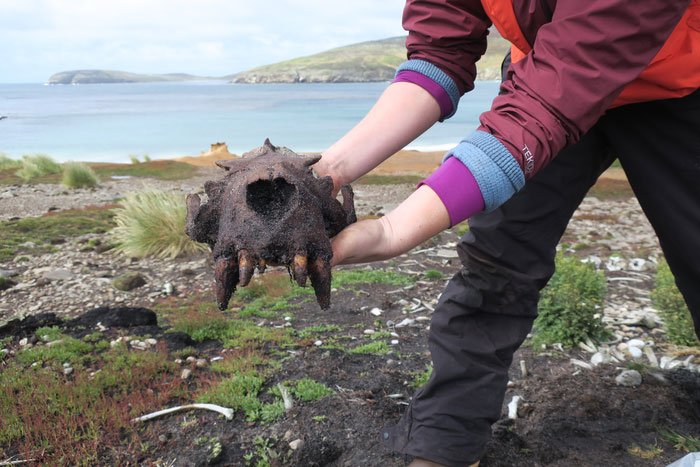
ORONO, MAINE—Science News reports that a spike in the level of charcoal in sediments on the Falkland Islands indicates that humans landed there between 1,070 and 620 years ago. The charcoal spikes are similar to those that mark the arrival of Europeans in the late seventeenth century, explained Kit Hamley of the University of Maine. The researchers also unearthed sea lion and penguin bones thought to have been butchered by human hunters between 600 and 745 years ago. These early visitors may have been the seafaring Yaghan people, who kept foxes as companions, according to Hamley. She thinks earlier Yaghans may have traveled with the warrah, a fox-like creature also known as the Falkland Islands wolf. Chemical analysis of nearly 4,000-year-old warrah remains suggests they also ate sea lions and penguins. The creature was hunted into extinction by Europeans in 1875. To read about how marine mammals such as sea lions might have spread the tuberculosis bacterium to the Americas, go to "Across the Atlantic by Flipper."


